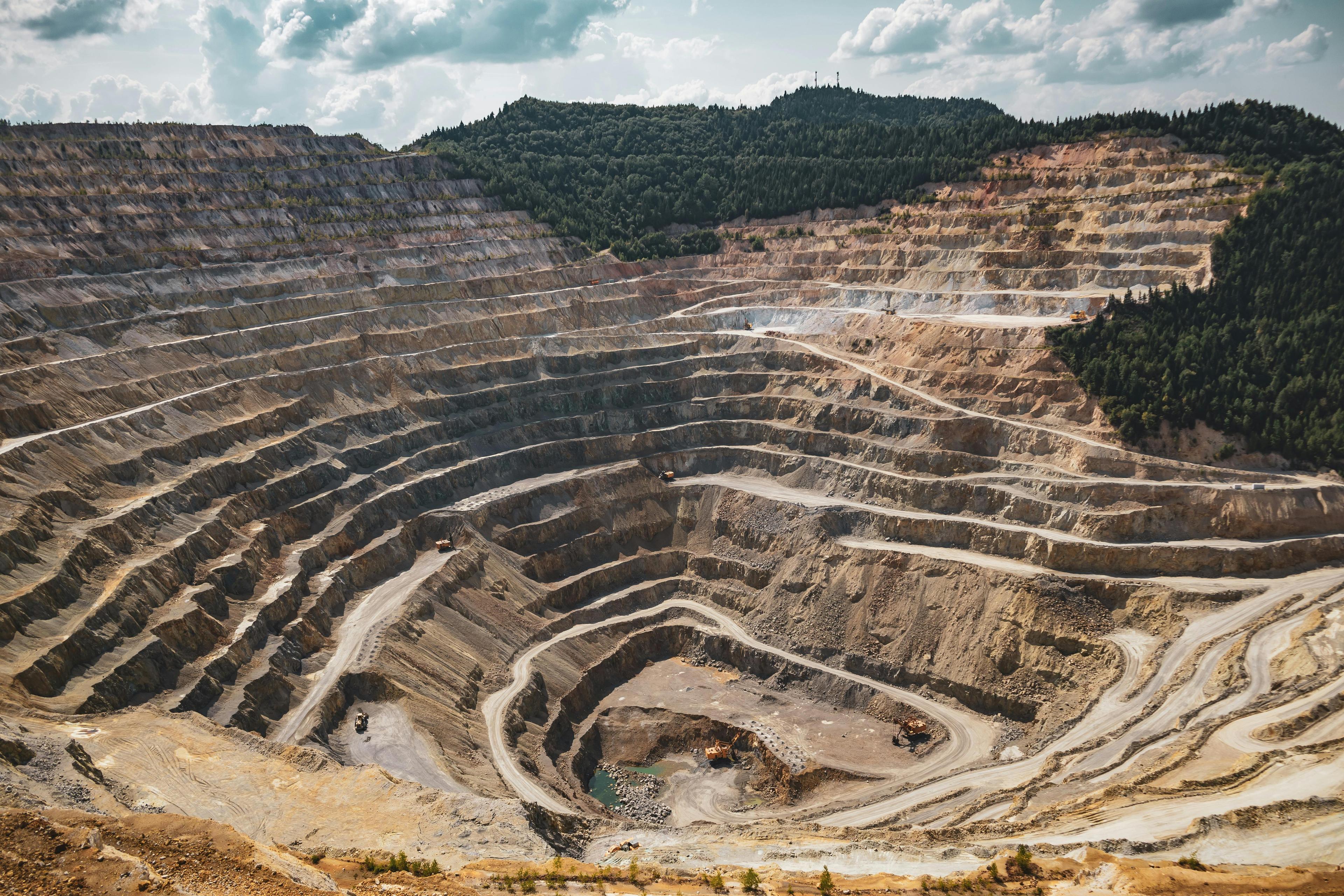
BEIRUT (Enmaeya News) — Recently, the UN’s special rapporteur on climate change and human rights, Elisa Morgera, has urged the world to reassess its growing demand for energy-transition minerals and the implementation of climate policies that may harm both people and the planet. Speaking at an event hosted by the International Institute for Environment and Development (IIED), Morgera challenged the assumption that critical minerals are essential for climate action, emphasizing the need for comprehensive assessments of their environmental and human rights impacts. She highlighted the role of excessive consumption by the super-rich in exacerbating climate change and called for greater scrutiny of who truly benefits from resource extraction. The rapid deployment of clean energy technologies has fueled global competition for minerals like lithium, nickel, and copper—often extracted from the Global South at significant environmental and social costs. With the International Energy Agency (IEA) projecting a tripling of mineral demand by 2030, Morgera stressed the importance of balancing climate action with human rights, particularly for Indigenous communities whose lands are frequently exploited for mining.
The event also highlighted the rising issue of land-grabbing and human rights violations in mineral-rich regions, with communities in Indonesia, Chile, and the Democratic Republic of Congo reporting environmental destruction due to mining activities. The UN Secretary-General’s Panel on Critical Minerals has recommended reducing material consumption in high-income nations, improving product efficiency, and promoting recycling to mitigate the need for new mining projects. However, global resource extraction is accelerating, with usage expected to grow by 60% by 2060, potentially derailing global climate and sustainability goals. Morgera emphasized the urgent need for integrated solutions, including fairer resource distribution and sustainable supply chains. Her upcoming UN report in October will assess the full life-cycle impacts of renewable energy and critical minerals, offering insights into mitigating foreseeable negative consequences on both the environment and human rights.



